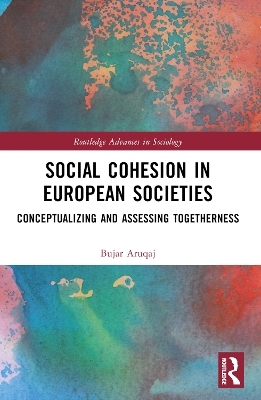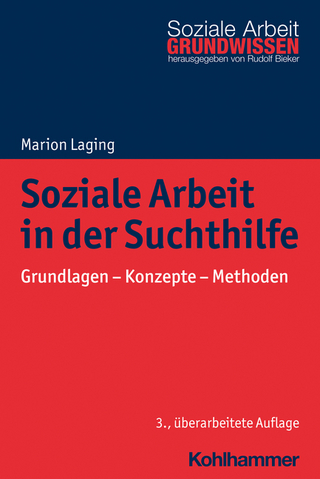
Social Cohesion in European Societies
Conceptualising and Assessing Togetherness
Seiten
2024
Routledge (Verlag)
978-1-032-31070-1 (ISBN)
Routledge (Verlag)
978-1-032-31070-1 (ISBN)
This book explains the concept of social cohesion in the context of a comparative sociological study.
It proposes an innovative approach to the measurement of social cohesion, considering as constitutive elements social trust, institutional trust, and societies’ degree of openness. Aruqaj observes these elements across time and on multiple social levels: individual (socio-economic inequalities and ethno-linguistic diversification); group (social categorisations and regional statistics of religious, gender, social status, and migration differences); and societal (reflecting the quality of life and human capabilities).
This book provides an analysis of social cohesion not only between but also within European societies. It will appeal to students and scholars interested in solidarity and social integration working in sociology, social psychology, and development studies.
It proposes an innovative approach to the measurement of social cohesion, considering as constitutive elements social trust, institutional trust, and societies’ degree of openness. Aruqaj observes these elements across time and on multiple social levels: individual (socio-economic inequalities and ethno-linguistic diversification); group (social categorisations and regional statistics of religious, gender, social status, and migration differences); and societal (reflecting the quality of life and human capabilities).
This book provides an analysis of social cohesion not only between but also within European societies. It will appeal to students and scholars interested in solidarity and social integration working in sociology, social psychology, and development studies.
Bujar Aruqaj is a Postdoctoral Researcher and Lecturer in the Department of Sociology at the Freie Universität Berlin, Germany. His research interests include social cohesion, the theories of development, collective identity construction, and the sociology of music.
1. Introduction
2. Understanding Togetherness as a Social Fact
3. Assessing Social Cohesion as Social Relationships
4. Mapping Societal Cohesion in Europe
5. The Context of Togetherness
6. Latent Conflict and the Erosion of Cohesion
7. Togetherness as a Social Opportunity Structure
8. Conclusion
| Erscheinungsdatum | 20.02.2023 |
|---|---|
| Reihe/Serie | Routledge Advances in Sociology |
| Zusatzinfo | 40 Tables, black and white; 37 Line drawings, black and white; 37 Illustrations, black and white |
| Verlagsort | London |
| Sprache | englisch |
| Maße | 156 x 234 mm |
| Gewicht | 500 g |
| Themenwelt | Sozialwissenschaften ► Pädagogik ► Sozialpädagogik |
| Sozialwissenschaften ► Politik / Verwaltung ► Staat / Verwaltung | |
| Sozialwissenschaften ► Soziologie | |
| ISBN-10 | 1-032-31070-7 / 1032310707 |
| ISBN-13 | 978-1-032-31070-1 / 9781032310701 |
| Zustand | Neuware |
| Haben Sie eine Frage zum Produkt? |
Mehr entdecken
aus dem Bereich
aus dem Bereich
Grundlagen - Konzepte - Methoden
Buch | Softcover (2023)
Kohlhammer (Verlag)
34,00 €
ein Lehrbuch zum Kita-Management
Buch | Softcover (2023)
Kohlhammer (Verlag)
46,00 €
Orientierungswissen für die Soziale Arbeit
Buch | Softcover (2024)
Kohlhammer (Verlag)
36,00 €


